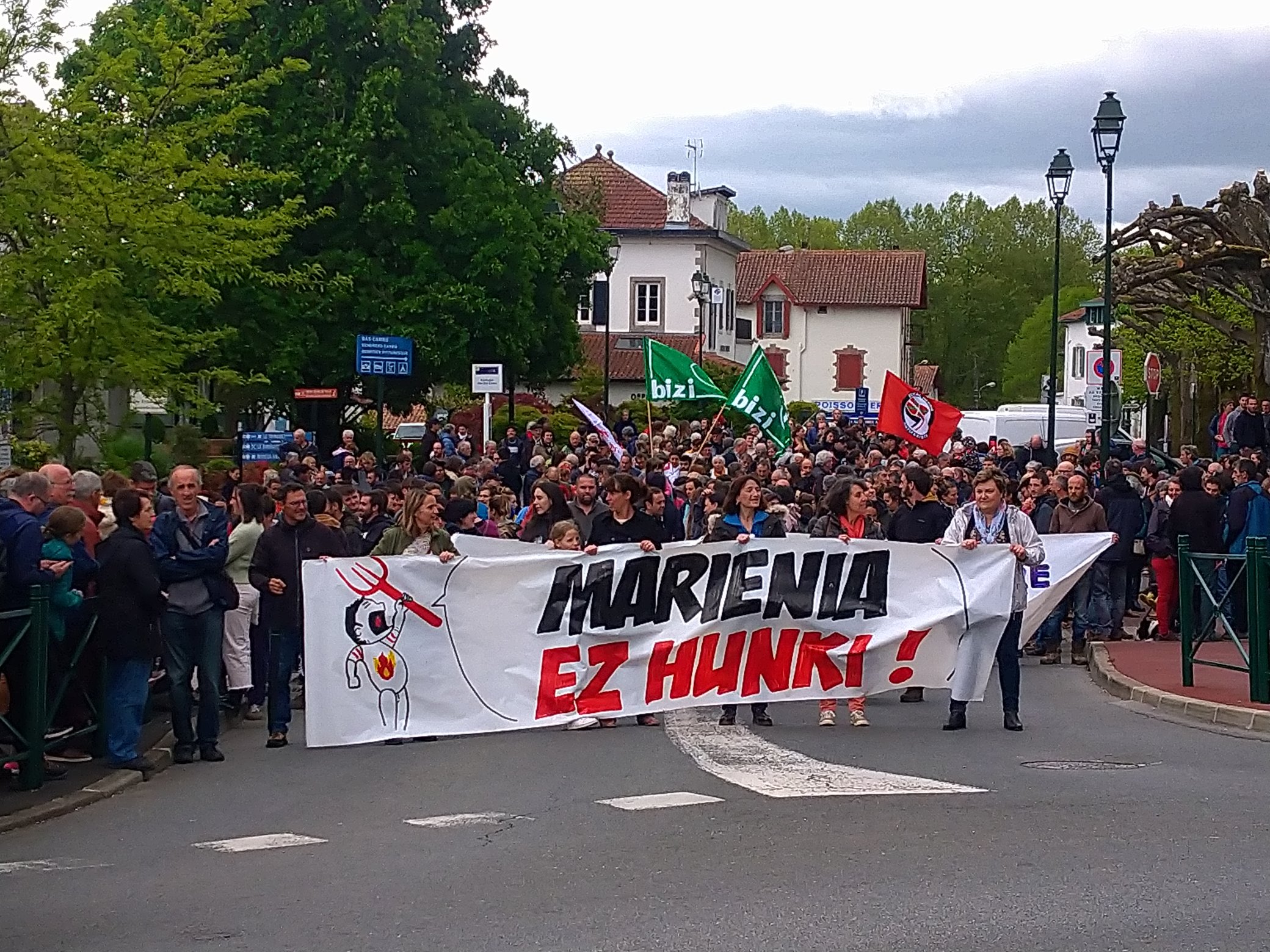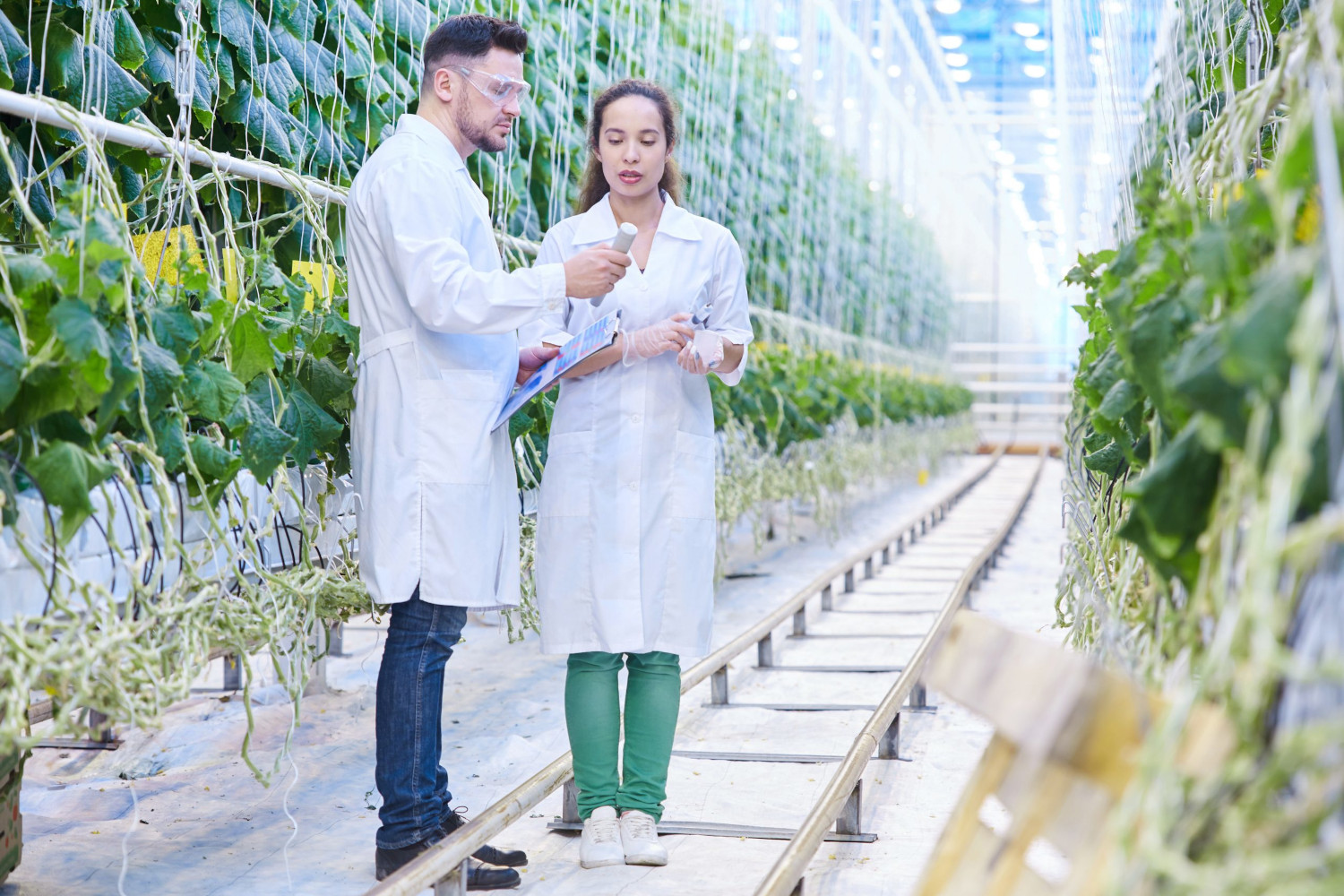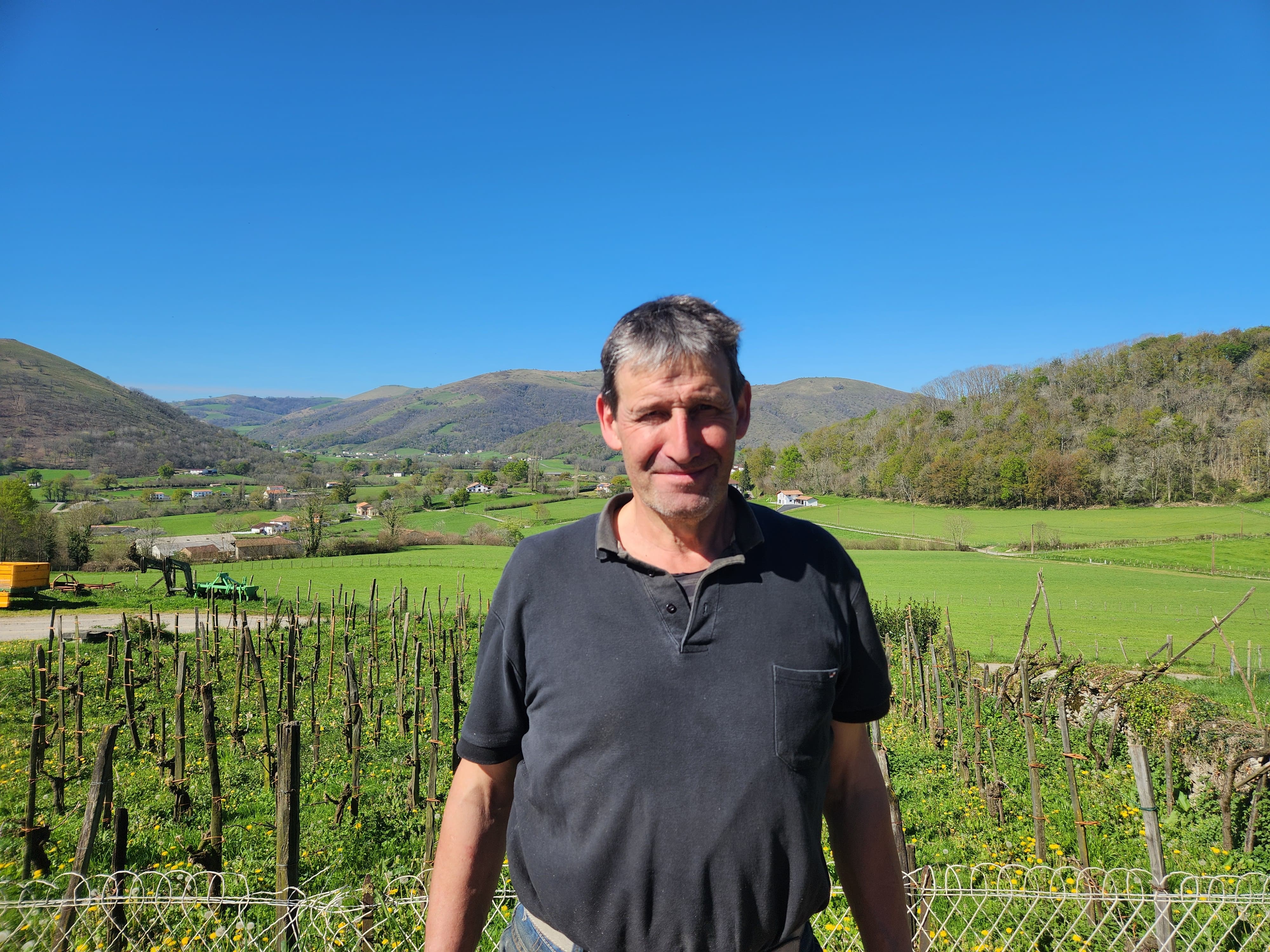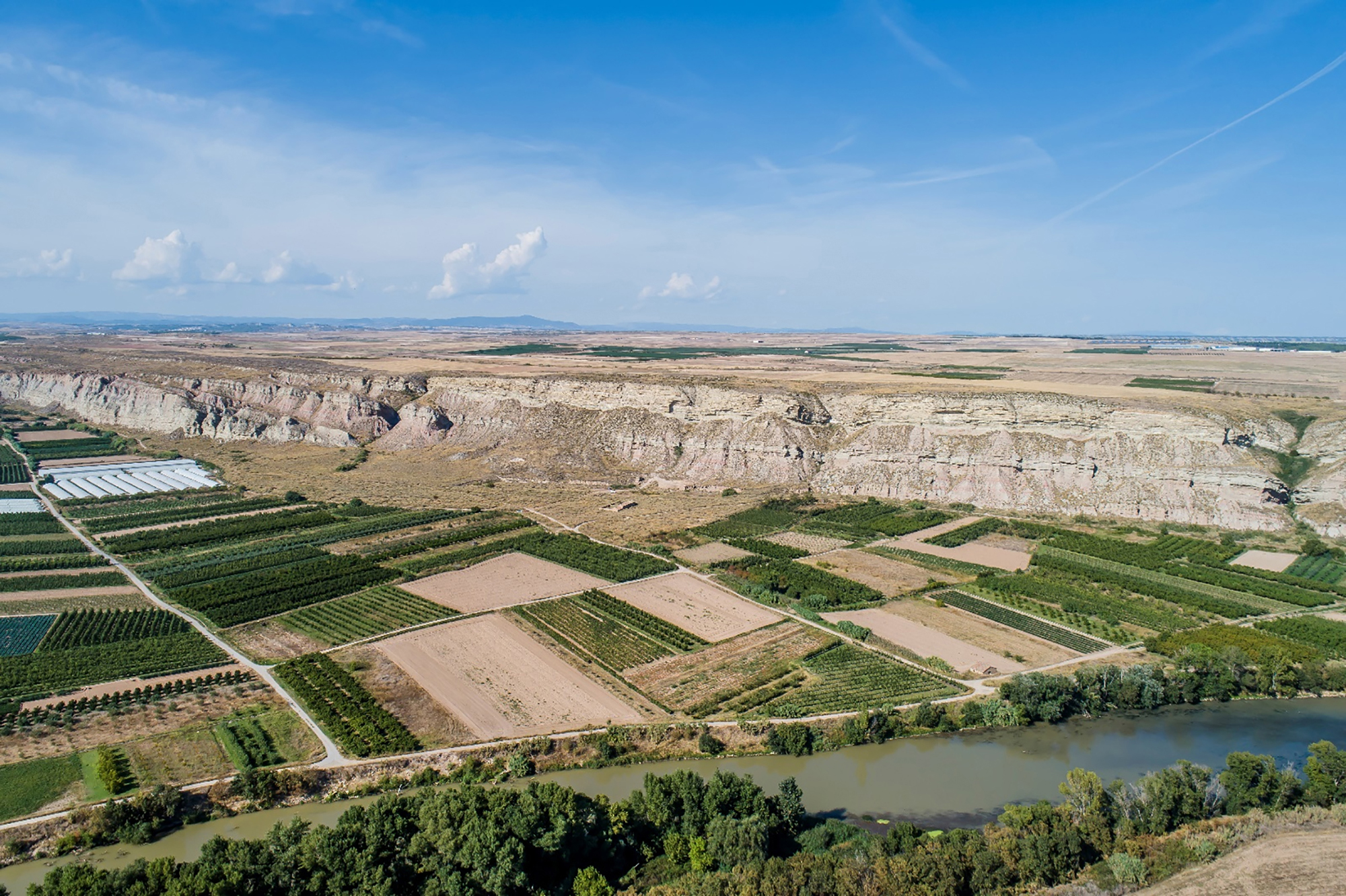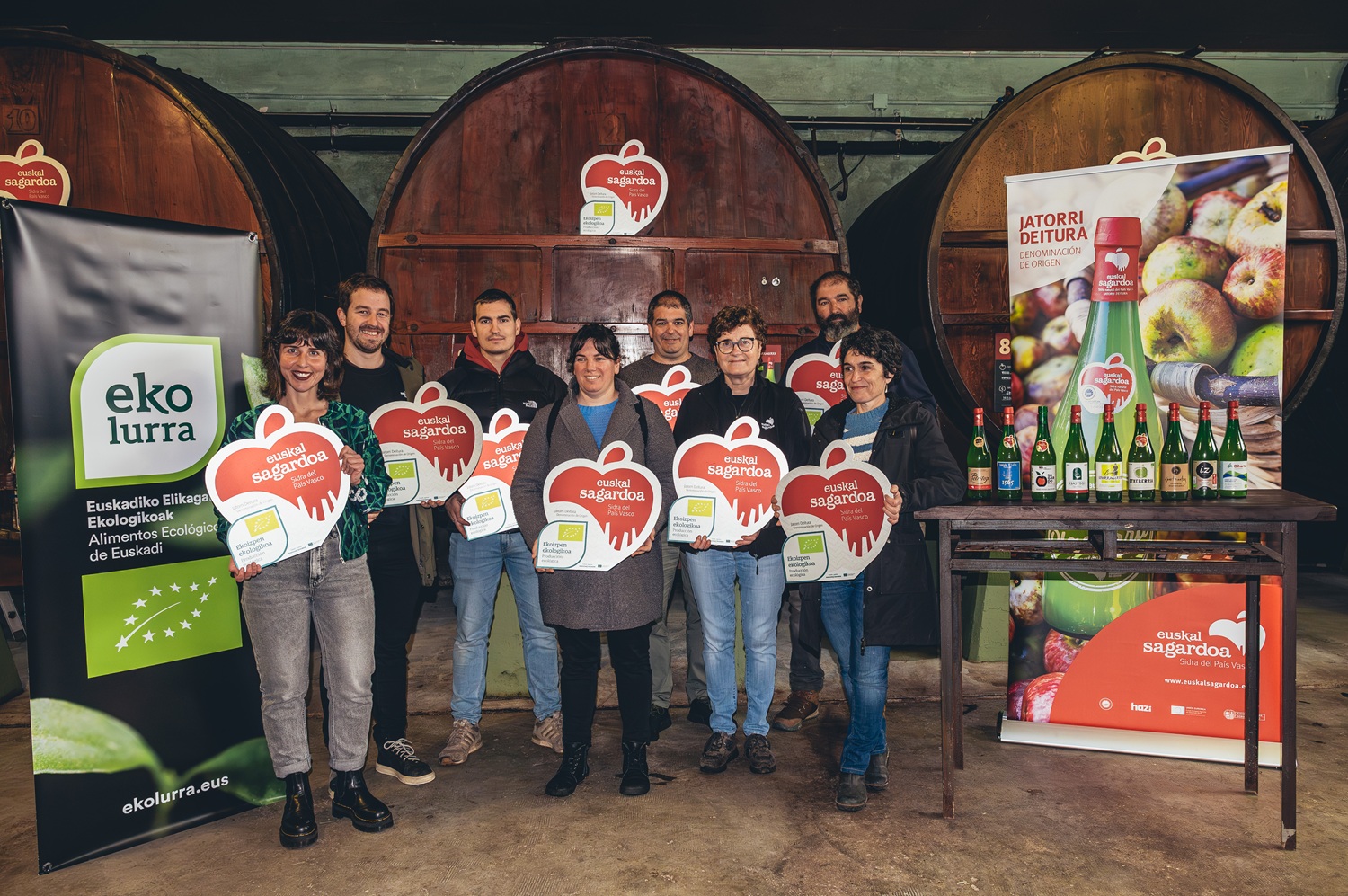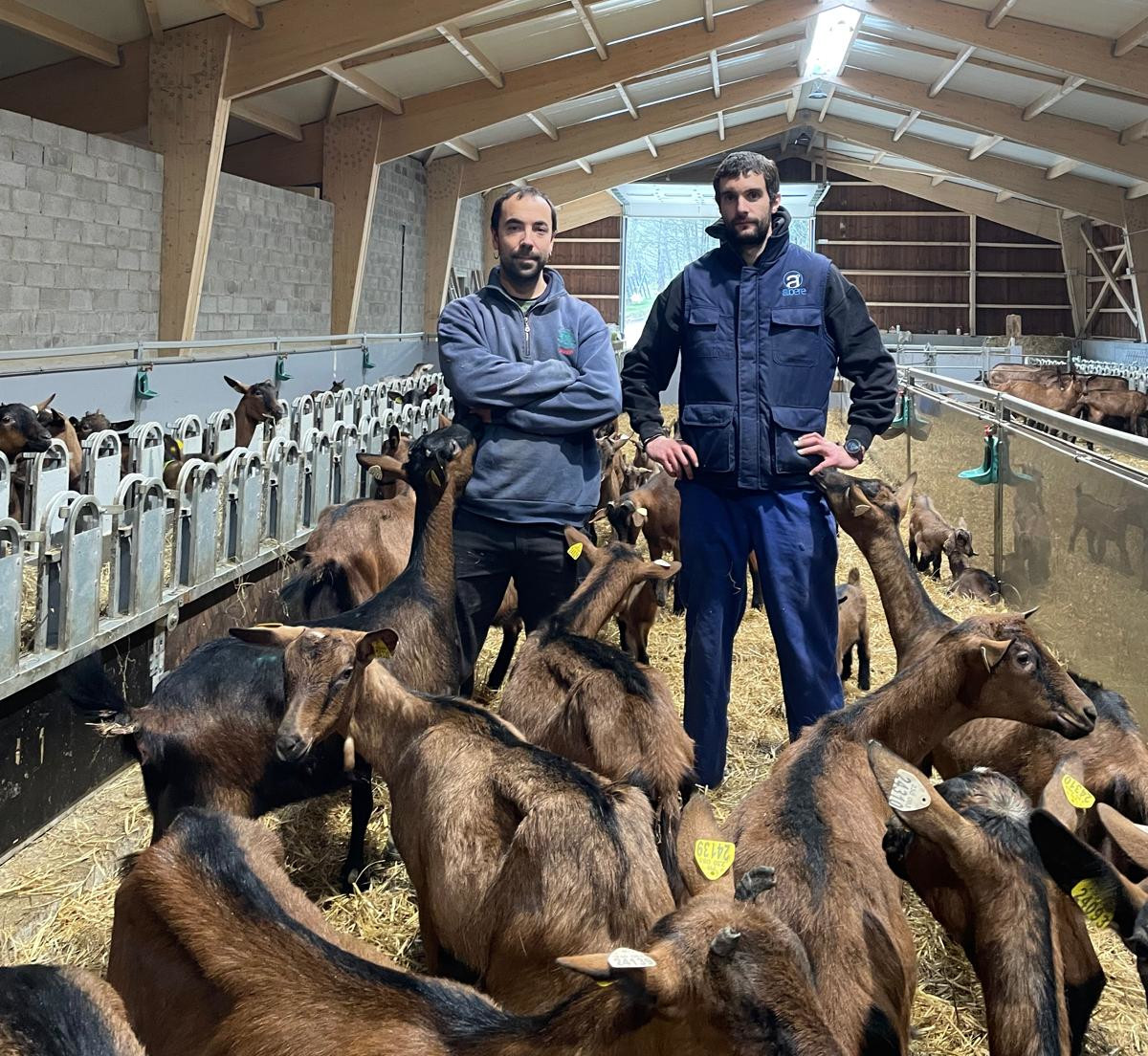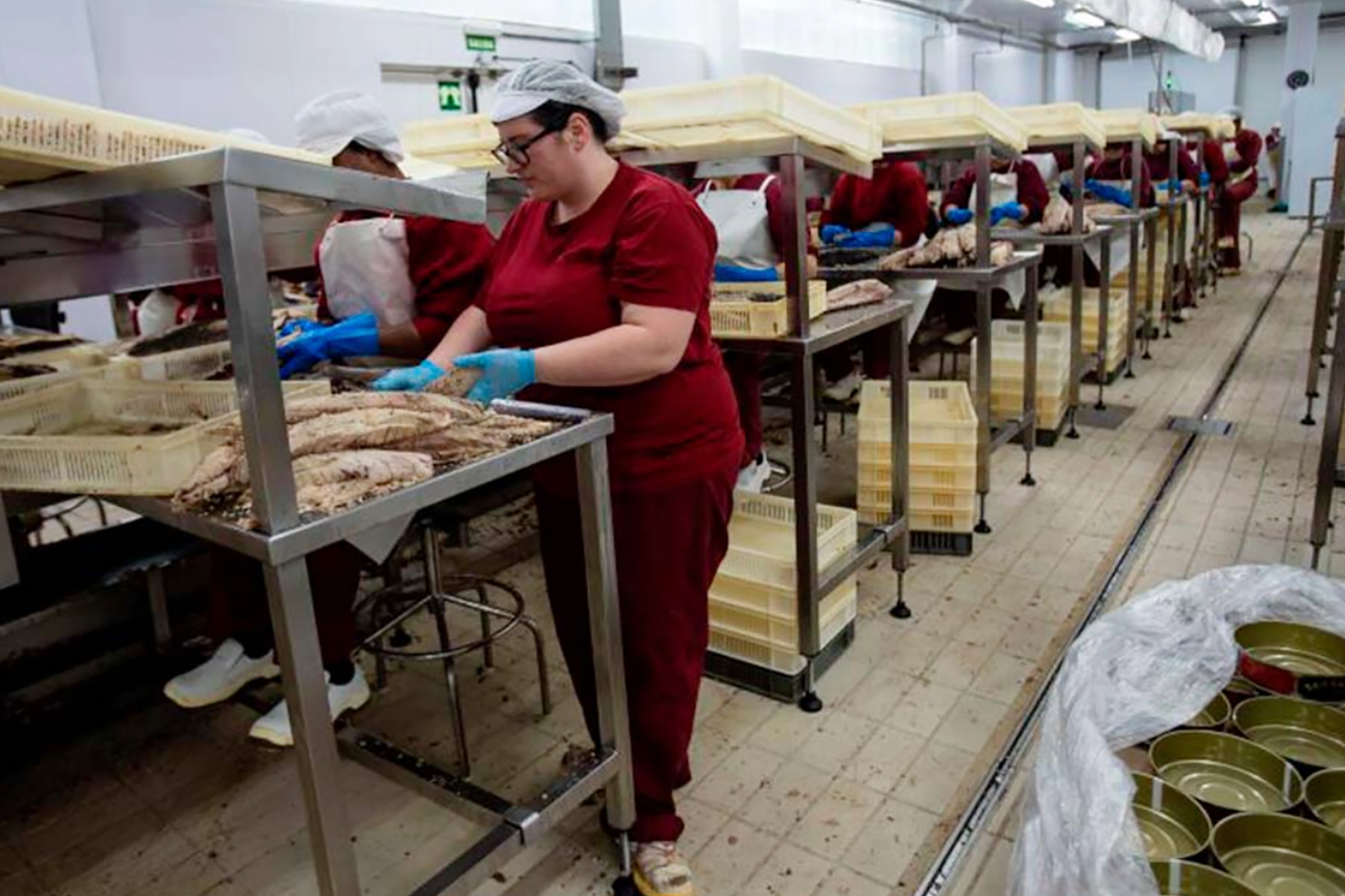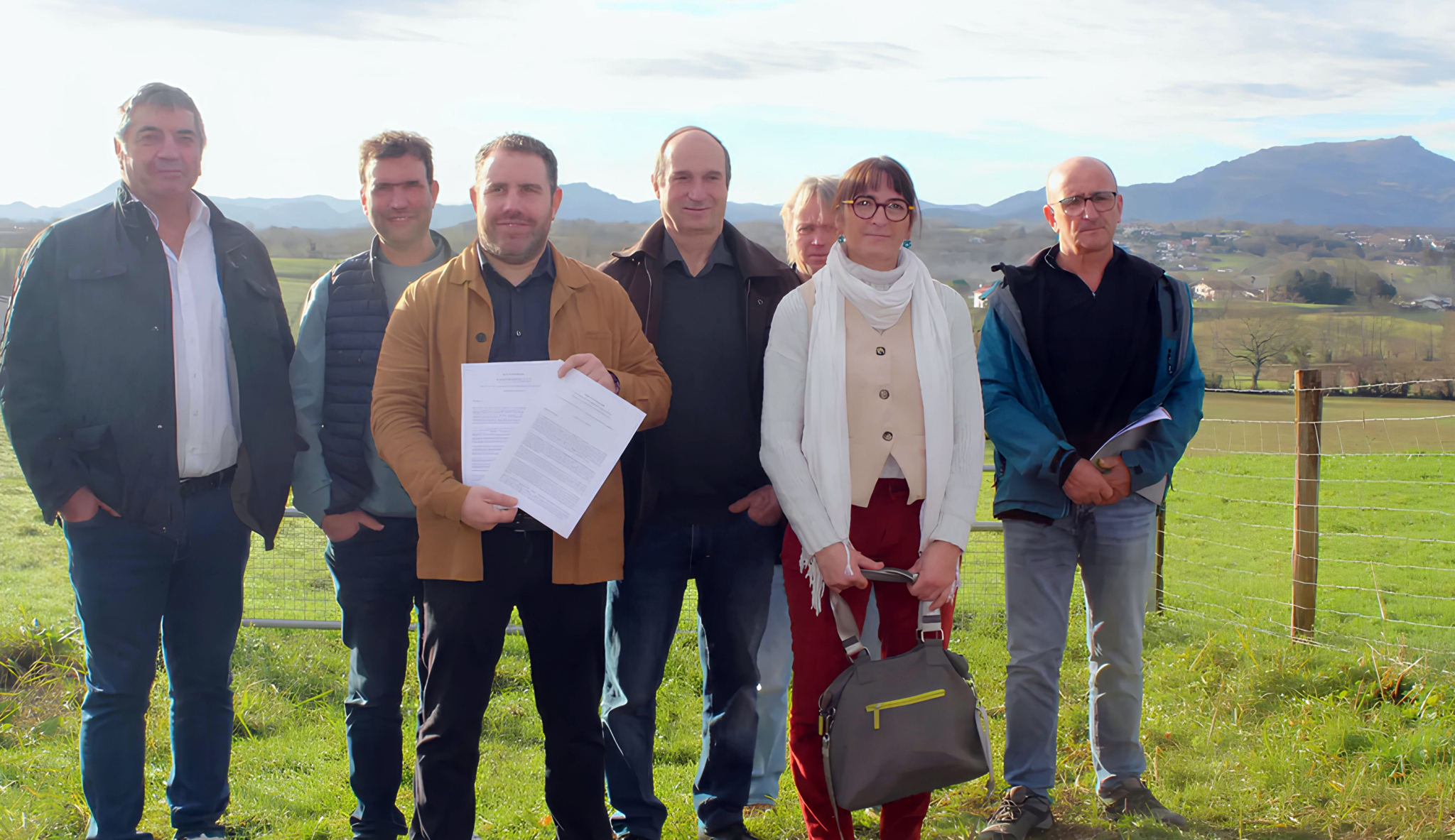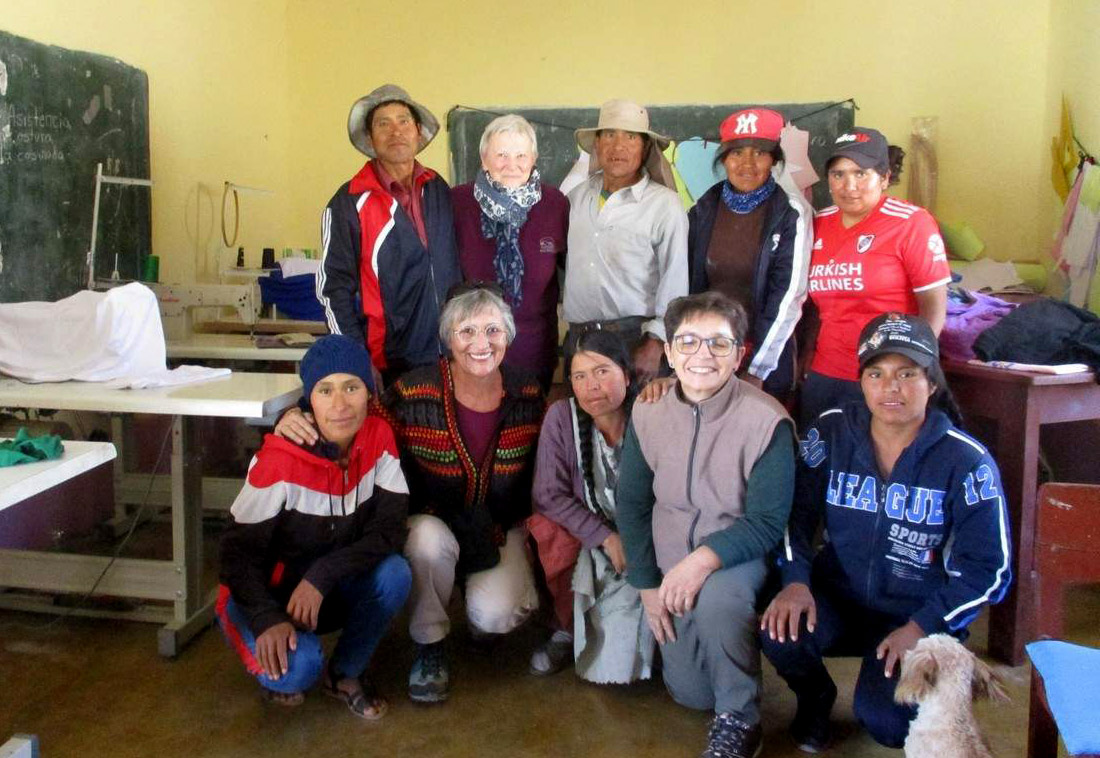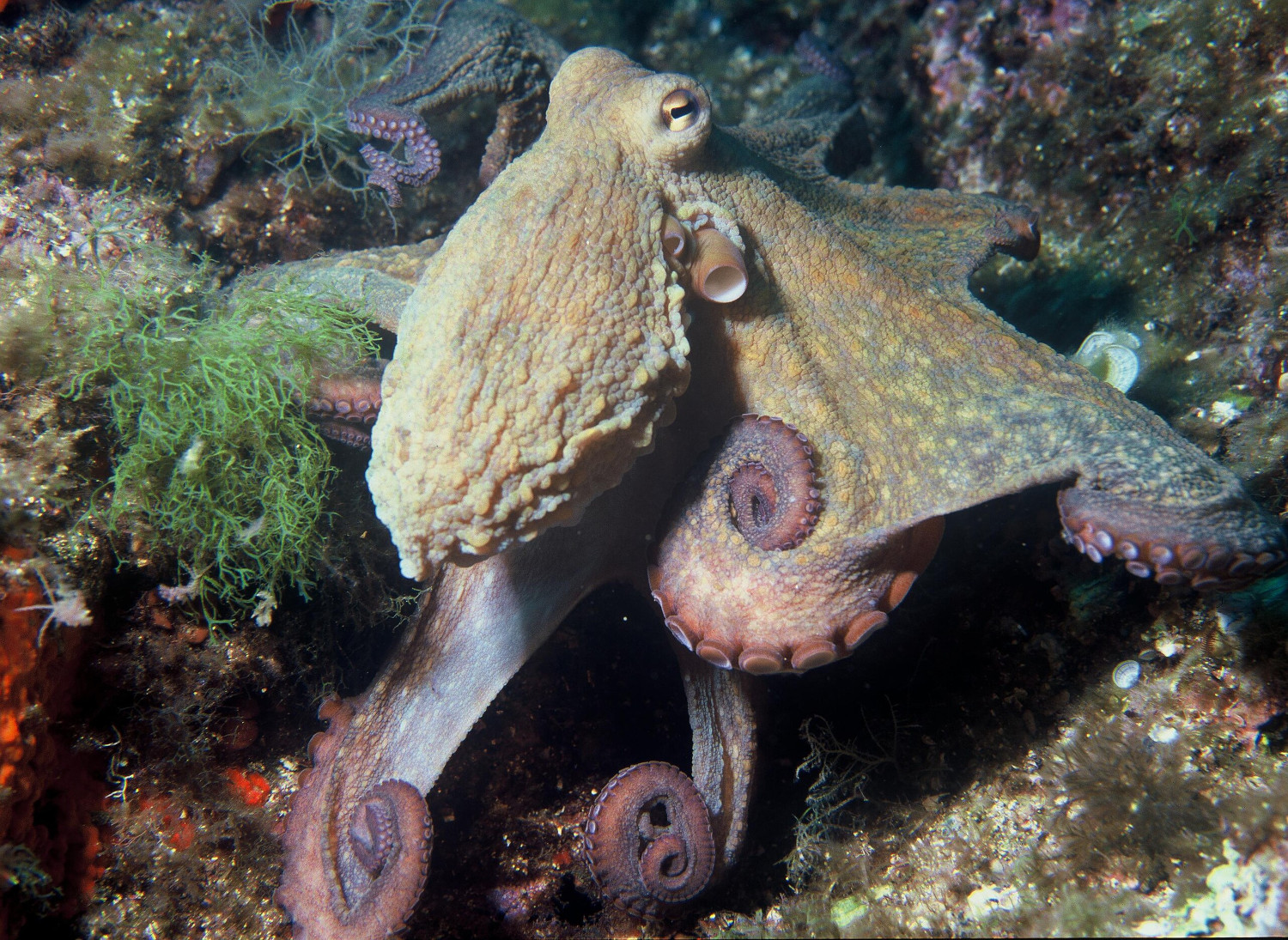Proposal of a public structure to the plaza
- On the occasion of the vote in the Chamber of Agriculture in the department of the Atlantic Pyrenees, the ELB trade union is launching a request for its own public structure for Iparralde. More than a request, it has the proposal of Public Structure for Cultivation and Food drawn together with the Basque Federation Herriko Laborantza Ganbara and Arrapitz. However, the FDSEA trade union, which is its adversary, does not see the need for a new organisation.
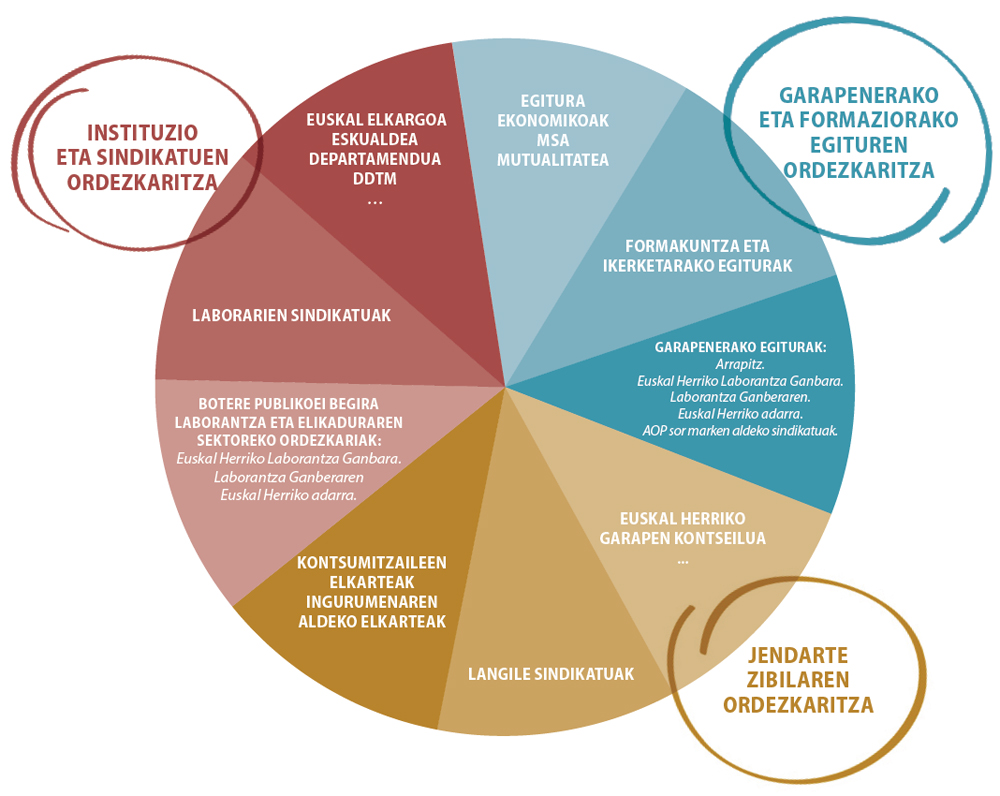
On 6 February, the results of the votes of the Culture Chambers held every six years in the French State will be known. In the meantime, trade unions are campaigning and farmers have until 31 January to vote. The farmers of Lapurdi, Baja Navarra and Zuberoa, together with the farmers of Bearn, will lead the composition of the chairs for the Chamber of Agriculture. Guiding the formation of the chairs, they choose the culture model for the territory between the two antagonist models.
However, this space does not reflect the reality of the primary sector of Iparralde: Continuing with the results of 2013, although the ELB is the first force in Lapurdi and Baja Navarra – the results of Zuberoa, associated with Bearno-, the results of the department mark the distribution of chairs, that is, the FDSEA always retains the guides. Moreover, by the semi-proportional voting system, both ELB and Coordination Rurale are not represented by their weight on the ground. Half plus one of the number of seats is for the first force and the remaining seats are allocated proportionally to each other: Currently, FDSEA has sixteen seats, ELB and Confederation Paysanne with four and Coordination Rurale with one, as it leaves no room for visions and alternative projects, ELB chose to keep the chairs empty from 2001 to 2013, although in its last term only one representative attends.
Therefore, the department’s Chamber of Agriculture advances according to the majority union. That is problematic, as in Bearn and the Basque Country it is not the same type of cultivation. Except for exceptions, the cultivation in the Basque Country is that of the mountain area and that of small and medium-sized farms, compared to that of Bearn. About 80% of the farms in the area are evicted by a quality disorder.

Intensive protector
It is difficult for the OECD to accept this because the consequences are too serious. This is in favour of popular agriculture, while FDSEA is committed to industrial cultivation. ELB wants to be the voice of the smaller and medium-sized farms, while FDSEA usually serves both the cereal growers and the large producers. However, FDSEA representatives say that they are there to help all crops, a statement that denies those of the OECD. True or false, the problem is that objectively, you can't help both of them, because betting on intensive cultivation kills the small crop. That is the case and we have too many examples around us to affirm it.
This is what the members of the OECD were very much concerned about at the basis of the request for an own Chamber of Agriculture for the French Basque Country. Decades after decade, elections after elections, a claim that was made and that was intended to be fulfilled fourteen years ago with the creation of the Chamber of Agriculture of Euskal Herria (EHLG). In 2001 it was for the first time the first force of Ipar Euskal Herria, since the ELB and the French Government did not respond with optimism to the old demand for its own structure, they wanted to create it in their hands on 15 January 2005. The partnership is situated in the landscape among the main actors working for popular agriculture. It has managed to involve all farmers, consumers, public structures and associations. Proof of this is the number of installation of young people: those who are implanted on a farm have to pass through the public structure of the department. Regarding the latest figures, 44% of them are still in the EHLG association to ask for help in the installation.
In Bearn and in the Basque Country it is not the same type of cultivation. Save for exceptions, compared to Bearn, the cultivation of the Basque Country is composed of mountain areas and small and medium-sized farms; 80% of them are in disuse of quality.
But it is not a public institution... and the model it defends does not help to the same extent the public structure of the department. The cry of a tool that responded to local reality is on the table, therefore: The ELB, EHLG and Federation Arrapitz are launching a proposal for a Public Structure for Agriculture and Food. Of all actors in the agricultural sector (ELB and FDSEA, Euskal Herriko Laborantza ganbara and Laborantza Cámara del departamento,..) and of elected officials and representatives of civil society: “Because the issue of agriculture is everyone’s responsibility.”
New context
Making the proposal public now is not a Balkan decision. In recent years and in successive years, observing the changes in the territorial organization, it is considered that this is the right time for the achievement of the structure. On the one hand, the creation of the Commonwealth of Iparralde in 2017, the institution that brings together Lapurdi, Baja Navarra and Zuberoa, as well as incorporating agriculture into the competition of economic development. In short, the ELB will again make the seats to be obtained in Pau empty, as Ipar Euskal Herria has his own institutional framework and this is his area of work.
Moreover, apart from its social competence, it has been convinced that the department will have less and less weight. As for the Agricultural Chambers, more and more are organized at the regional level, with local representation, in order to maintain a direct relationship. The Department’s Chambers of Agriculture have in Donapaleu the open branch as a security point for FDSEA connection: “We have accelerated this place of Donapaleu, we want to accelerate even more, that is the official Chamber of Agriculture of the Basque Country and the Single Community of Iparralde must know it, tomorrow will be the day when we all work,” said one of the FDSEA candidates, Patrick Etxegarai, in the public debate organized by Euskal Irratiak. But in view of the semi-proportional representation, BEÑAT Molinos de ELB regretted the development of a unilateral agricultural policy. “The financing of the Department’s Chamber of Agriculture is paid by all, they have 60% of the land tax budget! That is to shape a policy that goes to one side, regardless of the other.”
Bearing in mind that the structure must be “as open as possible”, the promoters have a plural composition: in addition to the presence of all the players in the agricultural sector, also that of civil society and that of selection. The new structure would be the interlocutor of the Basque College when it comes to thinking and deciding on local agricultural and food policy.

Proposal to Paris
By presenting the proposal to the various actors, they would like to see it carried out as soon as possible. However, the consensus of the agents of the Basque Country will not be sufficient, as there is no such structure, and the law will have to be adapted. In other words, in Paris, ambition will be indispensable if it is to become a genuine public structure.
The President of the Commonwealth of Iparralde, Jean-René Etxegarai, has submitted the request to the members of the French President, Emmanuel Macron. Certainly, a step that the project promoters have seen with good eyes. Those of ELB, EHLG and Arrapitz remain hopeful: Because until they have a permit in Paris, they can begin to organize themselves in this way and become partners in the Community of Iparralde.
Euskal Herriko Laborantza Ganberak hogei urte bete ditu. 2005ean sorturik, bataila anitzetatik pasa da Ainiza-Monjoloseko erakundea. Epaiketak, sustengu kanpainak edota Lurramaren sortzea, gorabehera ainitz izan ditu hogei urtez.
Txotx denboraldian eredu ekologikoan ekoiztutako Euskal Sagardoaren eskaintza izango da hainbat sagardotegitan, eta hura bistaratzeko, Jatorri Deiturak eta ENEEK-Ekolurrak kupeletan paratzeko euskarria aurkeztu dute.
Lurraren alde borrokan dabilen orok begi onez hartu du Frantziako Legebiltzarrak laborantza lurren babesteko lege-proposamenaren alde bozkatu izana. Peio Dufau diputatu abertzaleak aurkezturiko testua da, eta politikoa eta sentimentala juntaturik, hemizikloan Arbonako okupazioa,... [+]
Ubidekoak (Bizkaia) dira Imanol Iturriotz eta Aritz Bengoa gazteak. “Lagunak gara txikitatik, eta beti izan dugu buruan abeltzaintza proiektu bat martxan jartzeko ideia”, azaldu du Iturriotzek. Nekazaritzari lotutako ikasketak izan ez arren, baserri munduarekin eta... [+]
Europako Batzordeak 26.000 milioi euroren inportazioak zergapetuko ditu apirilaren 1etik aurrera, Donald Trumpek altzairuari eta aluminioari ezarritako muga-zergei erantzunez. Enbido-komertzialek jarraitzen badute, Euskal Herrian lehen sektoreak nozituko du gehien norgehiagoka... [+]
203 diputatu alde eta hiru aurka agertu dira martxoaren 11 gauean egin bozketan. Higiezinen agentziak haserre agertu dira, eta bi salaketa aurkeztu ditu FAIN Frantziako Higiezinen Federazio Nazionalak Europako Batzordean. Bata, lege-proposamenari esker botere gehiago jasoko... [+]
Iruñean bizi ziren Iñaki Zoko Lamarka eta Andoni Arizkuren Eseberri gazteak, baina familiaren herriarekin, Otsagabiarekin, lotura estua zuten biek betidanik. “Lehen, asteburuetan eta udan etortzen ginen eta duela urte batzuk bizitzera etorri ginen”, dio... [+]
Laborantzaren Orientazio Legea pasa den astean ofizialki onartu du Frantziako Parlamentuak. Ostegunean Senatutik pasa da azken aldikoz. Iazko laborarien mobilizazioen ondotik, aldarrikapenei erantzuteko xedea du lege horrek. Aldiz, ingurumenaren aldeko elkarteek azkarki salatzen... [+]
Zubiak eraiki Xiberoa eta Boliviaren artean. Badu jadanik 16 urte Boliviaren aldeko elkartea sortu zela Xiberoan. Azken urteetan, La Paz hiriko El Alto auzoko eskola bat, emazteen etxe baten sortzea, dendarien dinamikak edota tokiko irrati bat sustengatu dituzte.











